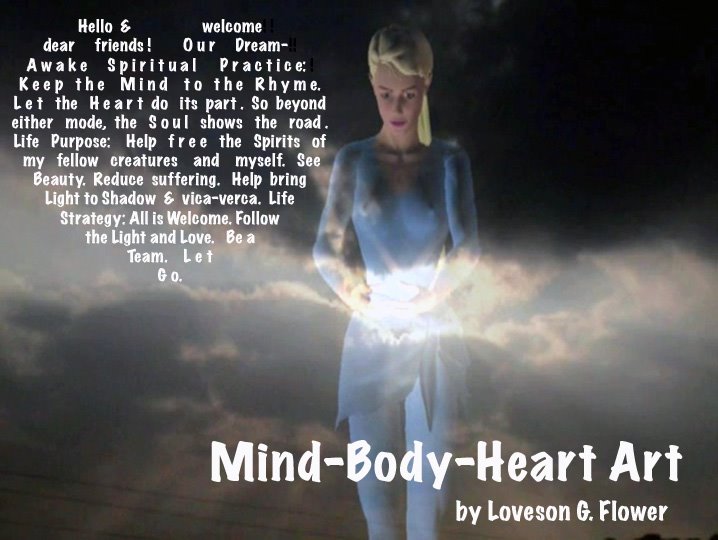 |
| Four Stages of Acidic Life |
Sugar, the society stealth killer
Counting the Many Ways Sugar Harms Your Health
Contributed by Nancy Appleton, PhD
Author of the book Lick The Sugar Habit
http://junocristi.blogspot.com/2012/03/counting-many-ways-sugar-harms-your.html
In addition to throwing off the body's homeostasis, excess sugar may result in a number of other significant consequences. The following is a listing of some of sugar's metabolic consequences from a variety of medical journals and other scientific publications.
•Sugar can suppress your immune system and impair your defenses against infectious disease.
•Sugar upsets the mineral relationships in your body: causes chromium and copper deficiencies and interferes with absorption of calcium and magnesium.
•Sugar can cause can cause a rapid rise of adrenaline, hyperactivity, anxiety, difficulty concentrating, and crankiness in children.
•Sugar can produce a significant rise in total cholesterol, triglycerides and bad cholesterol and a decrease in good cholesterol.
•Sugar causes a loss of tissue elasticity and function.
•Sugar feeds cancer cells and has been connected with the development of cancer of the breast, ovaries, prostate, rectum, pancreas, biliary tract, lung, gallbladder and stomach.
•Sugar can increase fasting levels of glucose and can cause reactive hypoglycemia.
•Sugar can weaken eyesight.
•Sugar can cause many problems with the gastrointestinal tract including: an acidic digestive tract, indigestion, malabsorption in patients with functional bowel disease, increased risk of Crohn's disease, and ulcerative colitis.
•Sugar can cause premature aging.
•Sugar can lead to alcoholism.
•Sugar can cause your saliva to become acidic, tooth decay, and periodontal disease.
•Sugar contributes to obesity.
•Sugar can cause autoimmune diseases such as: arthritis, asthma, multiple sclerosis.
•Sugar greatly assists the uncontrolled growth of Candida Albicans (yeast infections).
•Sugar can cause gallstones.
•Sugar can cause appendicitis.
•Sugar can cause hemorrhoids.
•Sugar can cause varicose veins.
•Sugar can elevate glucose and insulin responses in oral contraceptive users.
•Sugar can contribute to osteoporosis.
•Sugar can cause a decrease in your insulin sensitivity thereby causing an abnormally high insulin levels and eventually diabetes.
•Sugar can lower your Vitamin E levels.
•Sugar can increase your systolic blood pressure.
•Sugar can cause drowsiness and decreased activity in children.
•High sugar intake increases advanced glycation end products (AGEs)(Sugar molecules attaching to and thereby damaging proteins in the body).
•Sugar can interfere with your absorption of protein.
•Sugar causes food allergies.
•Sugar can cause toxemia during pregnancy.
•Sugar can contribute to eczema in children.
•Sugar can cause atherosclerosis and cardiovascular disease
•Sugar can impair the structure of your DNA.
•Sugar can change the structure of protein and cause a permanent alteration of the way the proteins act in your body.
•Sugar can make your skin age by changing the structure of collagen.
•Sugar can cause cataracts and nearsightedness
•Sugar can cause emphysema.
•High sugar intake can impair the physiological homeostasis of many systems in your body.65
•Sugar lowers the ability of enzymes to function.
•Sugar intake is higher in people with Parkinson's disease.
•Sugar can increase the size of your liver by making your liver cells divide and it can increase the amount of liver fat.
•Sugar can increase kidney size and produce pathological changes in the kidney such as the formation of kidney stones.
•Sugar can damage your pancreas.
•Sugar can increase your body's fluid retention.
•Sugar is enemy #1 of your bowel movement.
•Sugar can compromise the lining of your capillaries.
•Sugar can make your tendons more brittle.
•Sugar can cause headaches, including migraines.
•Sugar can reduce the learning capacity, adversely affect school children's grades and cause learning disorders.
•Sugar can cause an increase in delta, alpha, and theta brain waves which can alter your mind's ability to think clearly.
•Sugar can cause depression.
•Sugar can increase your risk of gout.
•Sugar can increase your risk of Alzheimer's disease.
•Sugar can cause hormonal imbalances such as: increasing estrogen in men, exacerbating , and decreasing growth hormone.
•Sugar can lead to dizziness.
•Diets high in sugar will increase free radicals and oxidative stress.
•High sucrose diets of subjects with peripheral vascular disease significantly increases platelet adhesion.
•High sugar consumption of pregnant adolescents can lead to substantial decrease in gestation duration and is associated with a twofold increased risk for delivering a small-for-gestational-age (SGA) infant.
•Sugar is an addictive substance.
•Sugar can be intoxicating, similar to alcohol.
•Sugar given to premature babies can affect the amount of carbon dioxide they produce.
•Decrease in sugar intake can increase emotional stability.
•Your body changes sugar into 2 to 5 times more fat in the bloodstream than it does starch.
•The rapid absorption of sugar promotes excessive food intake in obese subjects.
•Sugar can worsen the symptoms of children with attention deficit hyperactivity disorder (ADHD).
•Sugar adversely affects urinary electrolyte composition.
•Sugar can slow down the ability of your adrenal glands to function.
•Sugar has the potential of inducing abnormal metabolic processes in a normal healthy individual and to promote chronic degenerative diseases.
•I.V.s (intravenous feedings) of sugar water can cut off oxygen to your brain.
•Sugar increases your risk of polio.
•High sugar intake can cause epileptic seizures.
•Sugar causes high blood pressure in obese people.
•In intensive care units: Limiting sugar saves lives.
•Sugar may induce cell death.
•In juvenile rehabilitation camps, when children were put on a low sugar diet, there was a percent drop in antisocial behavior.
•Sugar dehydrates newborns.
•Sugar can cause gum disease
____ (Traduction anglais-français ci-dessous par Google Translate)
Photo from: http://articlesofhealth.blogspot.com/2007/12/four-stages-of-acidic-life.html
Content from blog post:
"Which Drugs Actually Kill Americans"
by Katie Peek - Posted 04.23.2013
http://www.popsci.com/science/article/2013-04/which-drugs-actually-kill-americans
and in comments after article by Auroria at 4/23/12 @ 10:58 AM








